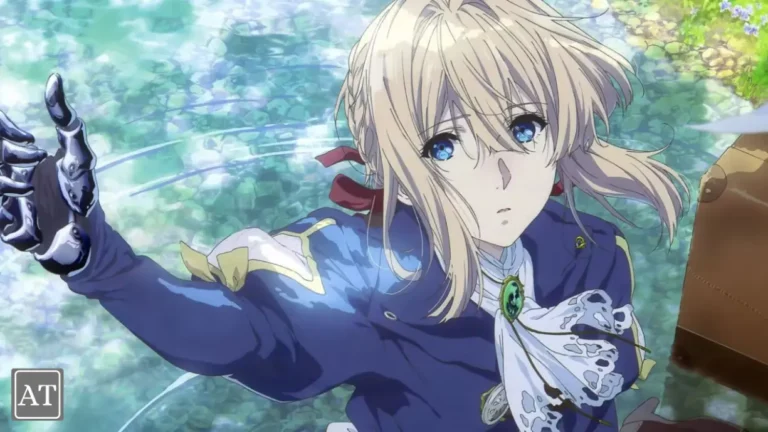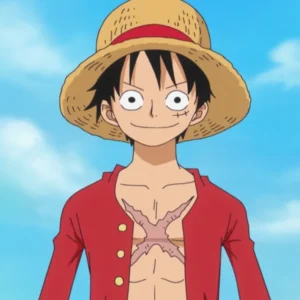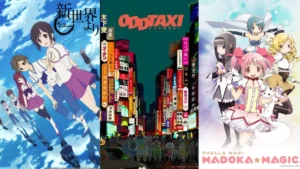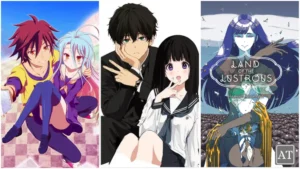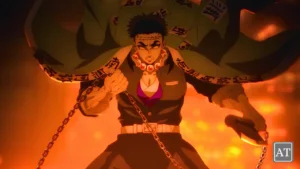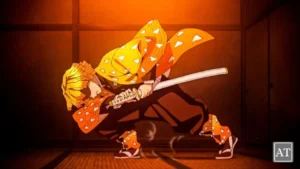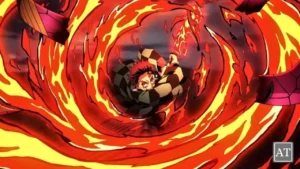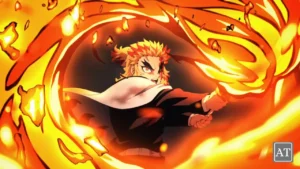Have you ever watched an episode finish, the screen fade to black, and suddenly felt your throat tighten while the ending song drifts through your headphones? You sit there – motionless – as the credits scroll, wondering why animated characters you just met a few days ago now feel like lifelong friends you must leave behind.
If that sounds familiar, congratulations: you’ve experienced the unmistakable magic of an emotional anime ending. This guide is here to celebrate that feeling, map out the titles that master it, and gently walk you through the tears toward something hopeful.
Storytelling and the Power of Goodbyes in Anime
Great stories don’t merely stop; they conclude. A true conclusion is a soft door closing – you hear the click, and life on the other side will never be exactly the same. Anime, with its willingness to tackle grief, nostalgia, and quiet joy, turns that click into a symphony.
Why do those last episodes strike so hard?
- A season’s worth of music motifs return in swelling orchestras.
- Characters reach the destination we’ve walked toward together.
- Viewers feel seen in their own hidden struggles because fiction found words they couldn’t speak.
Goodbyes hurt because they matter. And that’s why the finales below carved paths through so many hearts.
How We Chose These Heart-Stirring Finales
“Most emotional” is personal, so we built a simple, honest checklist:
- Narrative pay-off – The ending resolves the core conflict in a clear, meaningful way.
- Emotional resonance – Big feelings linger well after the screen fades.
- Craftsmanship – Music, art direction, and pacing elevate the finale.
- Hope within sorrow – Tears flow, yet viewers take away purpose or comfort.
- Cultural footprint – The ending sparks conversation, memes, essays, maybe even a tattoo or two.
No single list pleases everyone, but use ours as a compass and feel free to add your own landmarks.
Anime That Leave You Sobbing Yet Smiling
Each title below gets a spotlight: a spoiler-sensible summary, why the finale lands so hard, and one small life lesson you can pocket for real-world missions.
Your Lie in April – When Music Says What Words Can’t
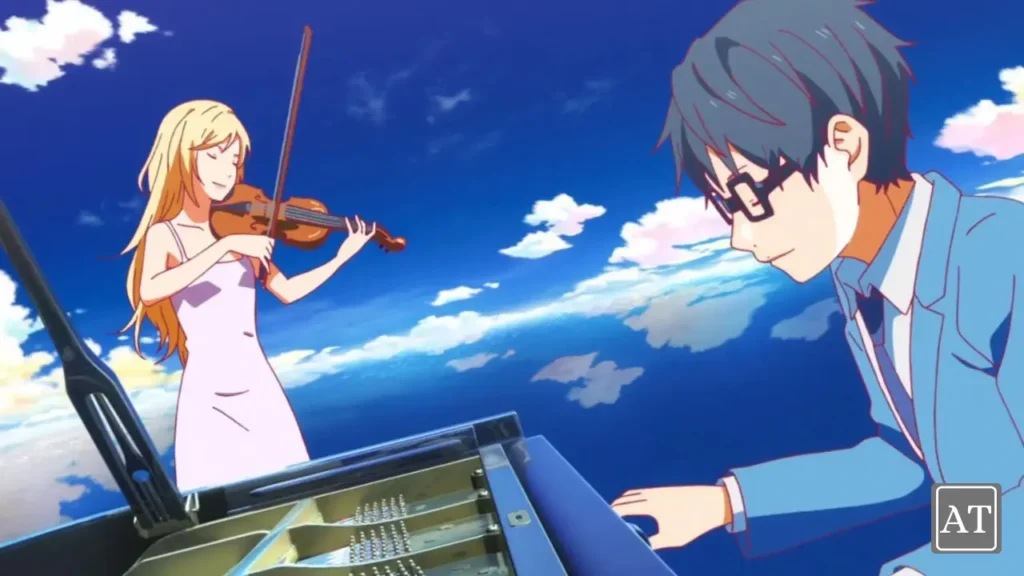
Picture spring cherry blossoms, a grand piano waiting onstage, and a boy who once loved its keys but can’t hear their notes anymore. Your Lie in April ends with a letter, a performance, and a truth both beautiful and brutal.
Why it wrecks us: The sound design lets you feel what Kousei hears – or can’t. When he finally plays freely, the audience is cheering inside and sobbing outside.
Life lesson: Creative expression can translate pain into something gorgeous – a sonata instead of a scream.
Clannad After Story – Family, Loss, and Little Lights of Hope
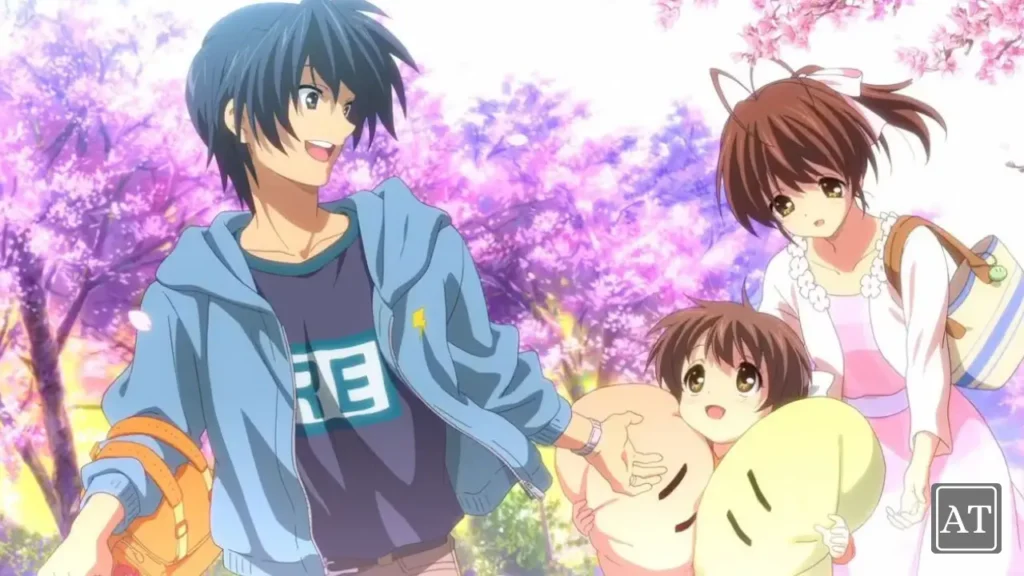
Season one felt like a sweet school romance. Then After Story raised the stakes to adulthood, marriage, and heartbreak. The finale blends tragedy with an almost mythic miracle.
Why it wrecks us: It forces us to confront the fragility of daily happiness. When the miracle arrives, it doesn’t erase loss; it reframes it.
Life lesson: Home is not walls but the memories, promises, and second chances we build inside those walls.
Anohana – The Flower We Still See in Our Memories
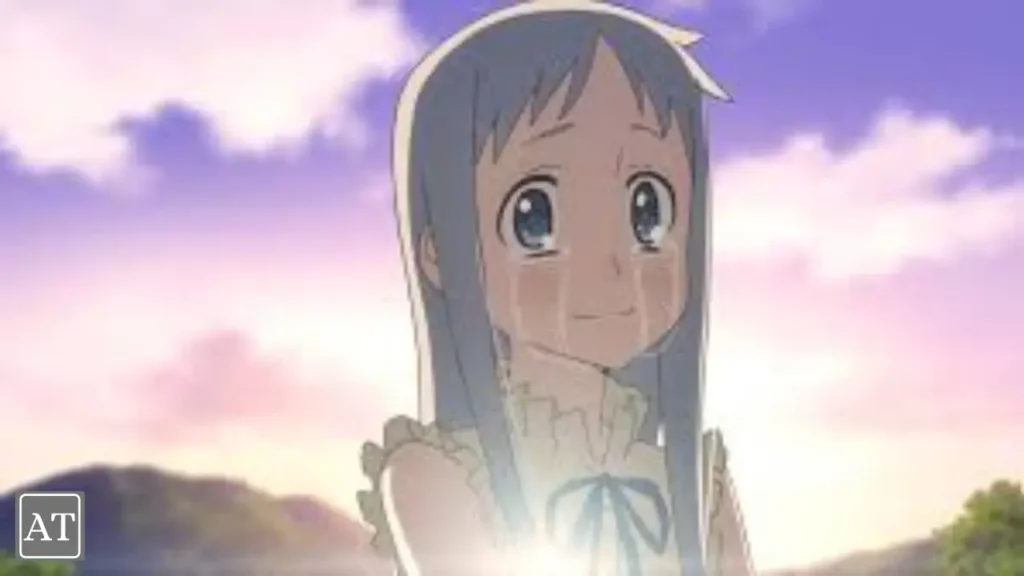
A childhood friend dies in an accident. Years later, her spirit appears, visible only to the group’s reclusive leader. The finale’s central scene – letters read aloud in an overgrown hideout – turns spoken apologies into liberating sobs.
Why it wrecks us: Everyone carries a flavor of survivor’s guilt. Watching it dissolve into forgiveness feels like breathing after holding your lungs shut for years.
Life lesson: Unspoken words don’t disappear; they weigh down the living until we release them.
Angel Beats – Graduation Day in the Afterlife
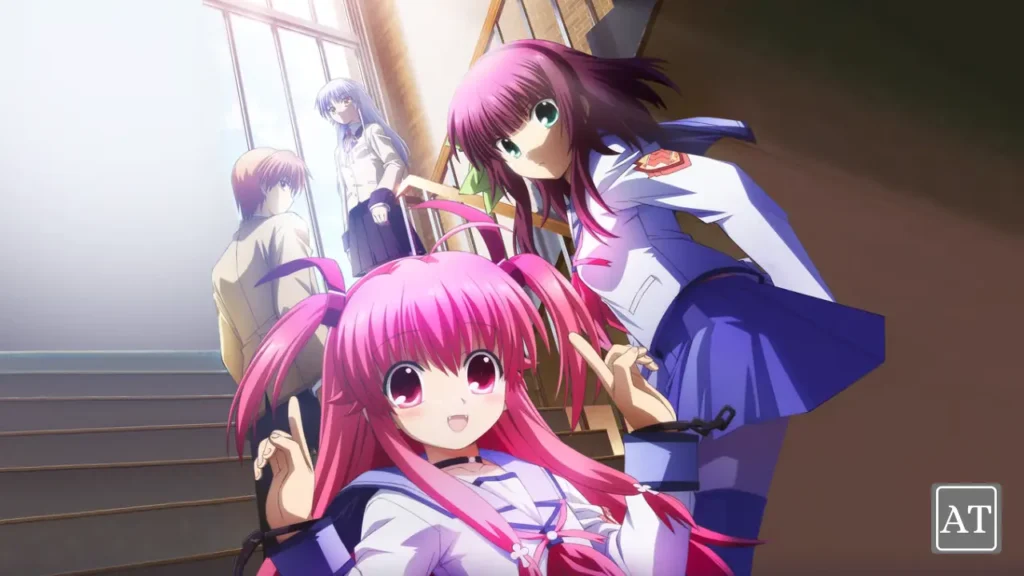
Set in a limbo high school for teens who died young, the show balances slapstick humor with existential dread. The final roll call scene asks each soul if they’re ready to move on. Silence and a single shared hug say more than any dialogue could.
Why it wrecks us: We witness characters we love choose oblivion—or rebirth—over safe familiarity. That choice mirrors our own fears of leaving comfort zones.
Life lesson: Letting go can be the bravest kind of living.
Violet Evergarden – Letters That Outlive Us
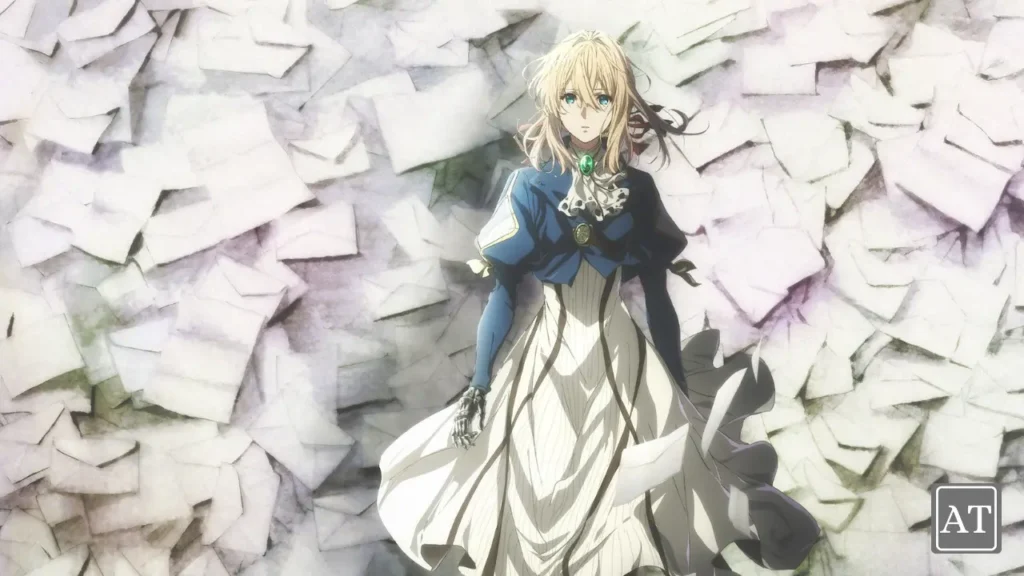
Violet, a former child soldier, becomes a ghostwriter for people who can’t express feelings on paper. The last episode isn’t a grand war scene but a simple letter carried by a postal airplane.
Why it wrecks us: We realize the person healed isn’t only Violet. It’s every recipient, reader, and yes, viewer.
Life lesson: Words you drop today can land in someone’s tomorrow as a lifeline.
Grave of the Fireflies – Sorrow Written in Firelight
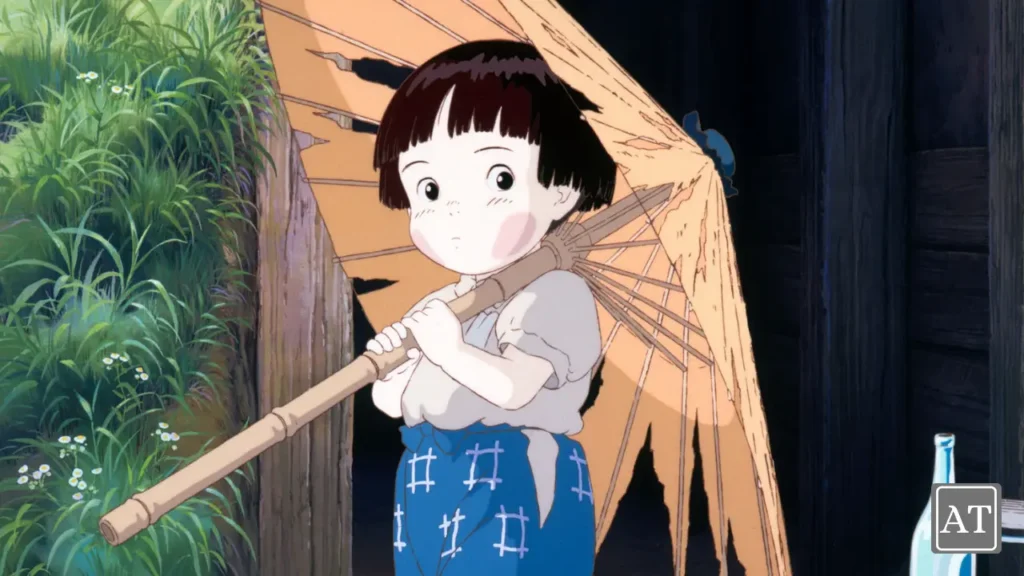
Studio Ghibli’s most harrowing film follows two siblings during World War II. The ending arrives slowly, inevitable as nightfall. A final shot of city lights juxtaposes progress with the ghosts it leaves behind.
Why it wrecks us: No fantasy buffer softens the blow. Because the story is grounded in history, grief feels universal, collective.
Life lesson: Remembering past tragedies is part of preventing future ones.
Made in Abyss – Beauty Wrapped in Darkness
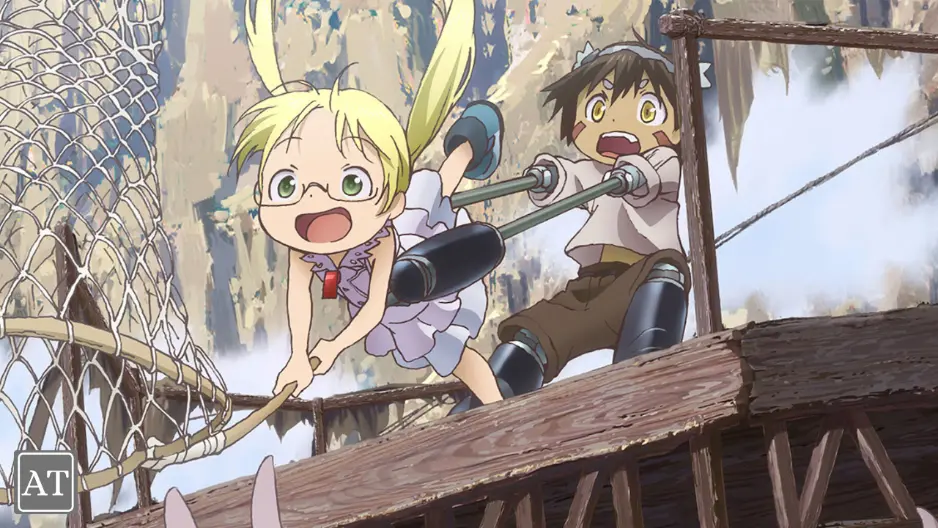
This series looks whimsical at first glance—round-faced kids and flute-filled scores—but its depths are merciless. Season one’s finale features a brutal medical scene and a farewell lullaby.
Why it wrecks us: The contrast between art-book visuals and grim stakes shocks the heart. Pain feels honest, not gratuitous.
Life lesson: Curiosity opens doors; courage accepts the price of walking through them.
Fullmetal Alchemist: Brotherhood – Equivalent Exchange of Farewells
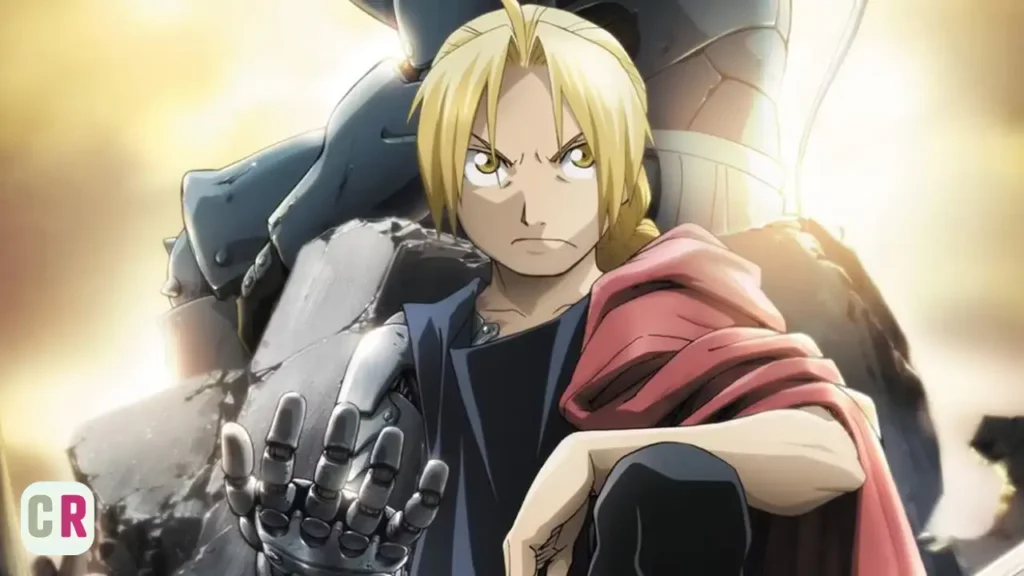
Brothers Edward and Alphonse spent 64 episodes chasing a single wish. The finale trades power for peace, leaving the audience equally satisfied and bittersweet.
Why it wrecks us: Every victory has measured cost. When Ed sacrifices what defined him, we realize growth often asks us to outgrow our tools.
Life lesson: True strength includes the willingness to start over.
Code Geass – A King’s Lonely Checkmate
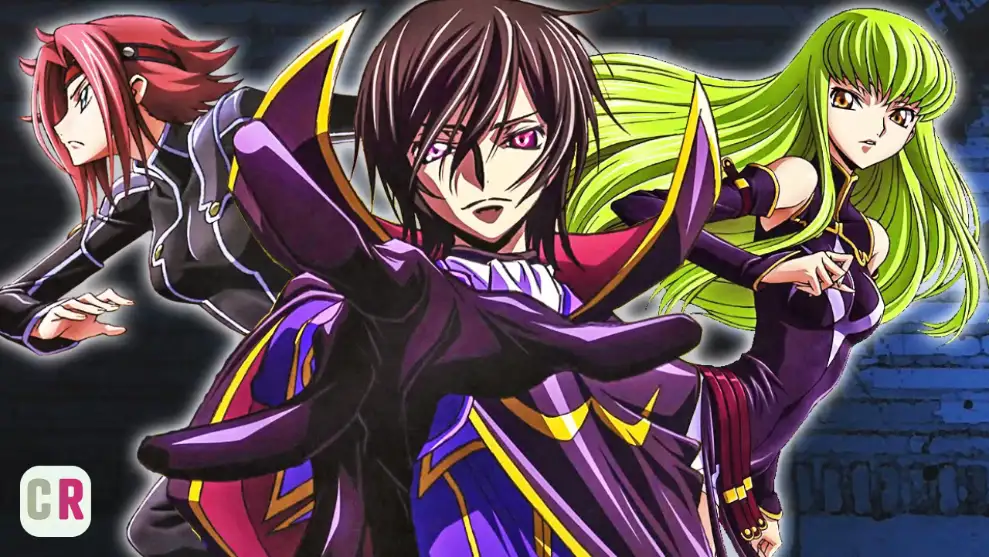
In a grand public parade, the tyrant everyone hates meets a blade. Who holds it, and why, spins moral compasses in circles.
Why it wrecks us: The twist reframes 50 episodes in one minute. Suddenly, questions of justice, ego, and love carry different colors.
Life lesson: Sometimes the hero’s cloak looks like villain’s armor until the final move.
Assassination Classroom – The Bell Rings One Last Time
Students spend two years trying to kill their alien teacher before he destroys Earth. By the finale, they no longer want to. The execution scene is a slow, trembling group effort.
Why it wrecks us: Rarely do we watch characters choose to end the life that saved theirs. Tears flow from conflicting gratitude and dread.
Life lesson: A good teacher’s goal is to become unnecessary—heartbreaking when achieved.
Gentle Ways to Process Heavy Endings
- Debrief with friends. A five-minute voice message to a buddy can lighten the load.
- Create something. Fan art, journal entries, or playlists turn passive sadness into active tribute.
- Move your body. A walk or stretch helps your nervous system reset after intense screen time.
- Set boundaries. If an ending hits too hard, follow it with light content or a comforting ritual.
Remember: Tears are an expression, not a problem to fix.
Conclusion
When a great anime ending shatters us, pieces don’t stay broken. They rearrange, mosaic-style, into something unexpectedly stronger. Maybe you sign up for piano lessons after Your Lie in April. Perhaps you text your mom an “I love you” thanks to Clannad. Those small acts mean the story did its job.
The next time credits roll and your cheeks are wet, sit a moment longer. Ask, “What truth did this tale nudge forward in me?” Then carry that truth into tomorrow where it can bloom.
Because fiction ends. Real life keeps writing.
FAQs
I’m only ten. Are these shows okay for kids?
Some titles contain mature themes. Ask a trusted adult to watch previews or read parental guides first.
Where can I stream these anime legally?
Platforms like Crunchyroll, Netflix, Hulu, and HiDive rotate licenses. Always search the title plus “where to watch” for current availability.
What if I hate crying?
Choose lighter emotional rides like Barakamon or Laid-Back Camp; both warm hearts without heavy tears.
How can I recommend these shows without spoiling friends?
Share the premise and emotional tone, skip final plot points, and encourage them to “trust the journey.”
Does listening to an ending song on repeat help or hurt recovery?
Both. It can soothe by recalling good memories or prolong sadness. If it feels heavy, balance with upbeat music.

